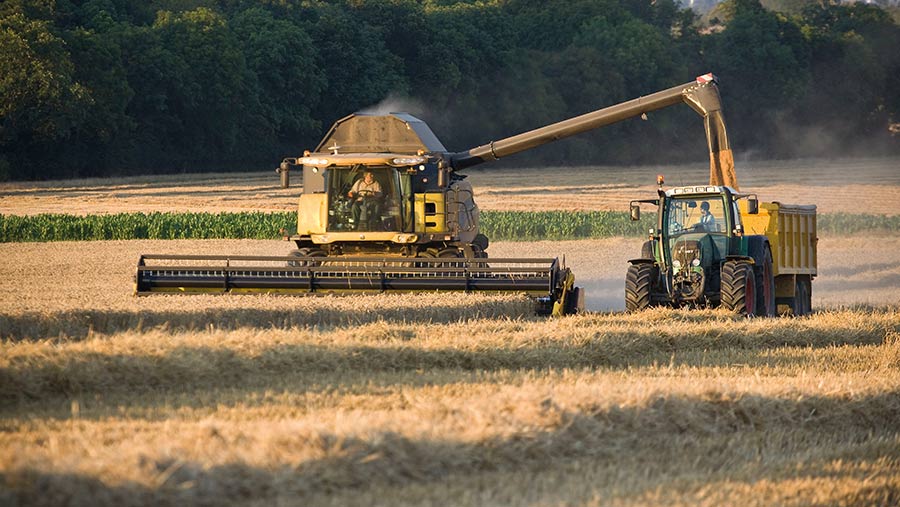Farm businesses warned of holiday pay ‘time bomb’
 © Tim Scrivener
© Tim Scrivener Farm employers could face hefty bills for underpaying their workers after falling foul of rules around holiday pay entitlement. The error could cost some businesses thousands of pounds.
It has emerged that some farm businesses are applying the wrong formula to calculate how much holiday pay their staff are entitled to, basing it on weekly pay for standard hours, instead of average pay for the previous 52 weeks, which includes overtime.
It comes at a time when the situation could be further compounded because more employees are working overtime to cover for staff shortages.
See also: Holiday entitlement: Guide to the law for farm employers
One arable farmer who contacted Farmers Weekly said he was advised that his employees were each entitled to about £1,000, as historic claims for shortfalls in holiday pay presented on or after 1 July 2015 could be made for the previous two years. These rules, however, do not apply in Northern Ireland.
He is aware of others in the same situation and described it as a “ticking time bomb”, with the industry overall potentially owing millions of pounds to staff.
The rules changed after a Court of Appeal decision in 2019 that entitlement to holiday pay under the Working Time Directive (WTD) must include pay for regular voluntary overtime.
Additionally, from 6 April 2020 the 12-week reference period for calculating holiday pay was extended to 52 weeks.
“This is adding a lot of cost into the industry,’’ the farmer said. “Some businesses might decide that it is cheaper to give employees a flat-rate 39-hour week and to take on someone else to cover that overtime work.”
Unite statement
The Unite trade union said it was aware that there had been issues with agricultural workers not receiving correct holiday pay due to the seasonal nature of their work.
“If Unite members are not receiving holiday pay that reflects their normal pay then they should speak to the rep or local officer for advice and support in order to have these matters resolved,” a spokesman said.
Solicitor Phil Cookson, a partner at Roythornes, said the seasonal nature of farming, which resulted in staff putting in more hours around peak periods such as harvest, calving and lambing, could make miscalculations more likely than in some other industries.
Factor in Brexit and the Covid pandemic, and the rule changes may have passed some farmers by.
“The difficulty that farmers get into is that they are busy doing the day-to-day job and in the last 12 months they have had more on their minds than usual,” he said.
Make corrected payments now, advises solicitor
If a farmer believes a staff member has been underpaid, Roythornes solicitor Phil Cookson recommends that the corrected pay is paid with immediate effect.
He noted that an employee’s right to claim for the full two years of underpayment ended three months after receiving their correct payment.
“Do your calculations, get it right now, and no claim can be made for underpayment after three months of the last day when an underpayment was made,” Mr Cookson said.
He advised employers to include all overtime payments in future holiday pay calculations.
Mr Cookson also sought to allay the fears of farmers who think they may have miscalculated holiday pay entitlement.
“My guess is that many employees will not bring claims if you get it right now,’’ he said.
“They will have received their holiday pay entitlement for the 5.6 weeks (28 days) paid annual leave they were due and, because claims can only go back two years, the difference between this and the extra they might be entitled to through overtime calculations is unlikely to be huge.”
